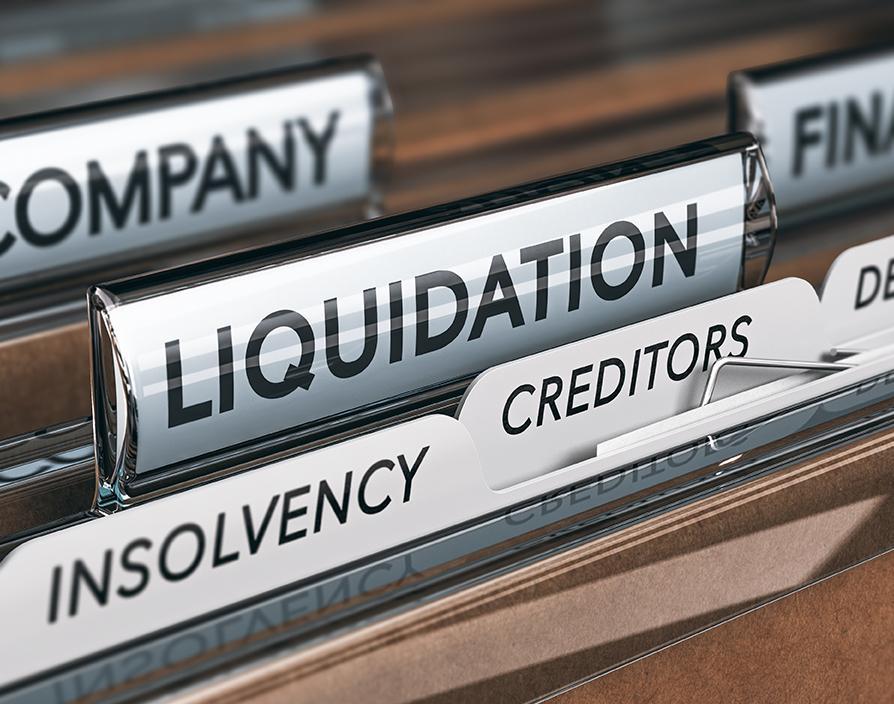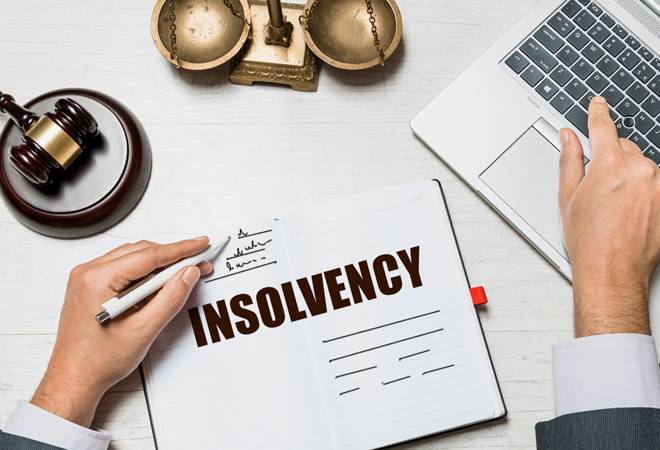The 7-Minute Rule for Insolvency Practitioner
The 7-Minute Rule for Insolvency Practitioner
Blog Article
6 Easy Facts About Insolvency Practitioner Explained
Table of ContentsThe Facts About Insolvency Practitioner RevealedInsolvency Practitioner Things To Know Before You Get ThisTop Guidelines Of Insolvency PractitionerThe 7-Minute Rule for Insolvency PractitionerWhat Does Insolvency Practitioner Do?The smart Trick of Insolvency Practitioner That Nobody is DiscussingSee This Report about Insolvency Practitioner
Bankruptcy is when obligations are above the worth of the firm, or when a debtor can not pay the financial obligations they owe. A firm can end up being insolvent as a result of a number of circumstances that result in inadequate cash flow. When faced with bankruptcy, a company or person can call financial institutions directly and restructure debts to pay them off.Company owners may get in touch with creditors directly and restructure debts into even more convenient installations. Lenders are typically responsive to this technique since they desire to be paid off and stay clear of losses, also if the repayment is on a postponed routine.
9 Simple Techniques For Insolvency Practitioner
The proprietor produces a proposition outlining how the financial debt may be reorganized using expense reductions or other prepare for support. The proposition reveals lenders just how the service may create enough money flow for rewarding operations while paying its debts. Typically, a forgiven financial debt may be thought about earnings by the Internal Earnings Service (IRS).

The Of Insolvency Practitioner
Business might wind up paying huge amounts of cash in problems and be not able to continue operations. When procedures cease, so does the company's earnings. Lack of earnings causes unpaid expenses and financial institutions requesting cash owed to them. Some companies end up being insolvent due to the fact that their products or solutions don't evolve to fit customers' altering requirements.
Costs surpass profits and costs remain unpaid. Types of insolvency consist of cash-flow insolvency and balance-sheet bankruptcy. Cash-flow bankruptcy occurs when a firm has the assets to cover their debts however they remain in the incorrect kind, such as property as opposed to fluid funds. Balance-sheet bankruptcy, on the other hand, shows an absence of properties in any type to cover financial obligations.
The IRS states that an individual is bankrupt when the complete responsibilities exceed overall possessions. A insolvency, on the other hand, is a real court order that illustrates just how an insolvent person or service will certainly repay their lenders, or just how they will market their possessions in order to make the payments.
The Definitive Guide for Insolvency Practitioner

Financial obligation loan consolidation is when you integrate multiple lendings right into one new funding, commonly to attain far better terms. Bankruptcy is not the like personal bankruptcy, although hop over to here a firm that has actually ended up being bankrupt may file for insolvency. Insolvency is the state of not having the ability to pay your commitments while personal bankruptcy is a lawful process to discharge your debts.
Understanding the elements that can lead to bankruptcy, such as overspending, can assist you stop insolvency and its repercussions.
Insolvency Practitioner Things To Know Before You Buy
It is well recognized that directors and police officers of corporations (and managers of minimal liability business) owe fiduciary duties to their companies and their investors (or members). These fiduciary commitments are specified by state laws and, though there are variants from state to state, they usually consist of a duty of commitment and a duty of care.
The duty of care requires supervisors and officers to work out persistance, to make enlightened choices, and to act in great confidence to ensure that their actions are in the most effective passion of the company. Past the extent of this discussion, some states enable these duties to be limited either by so noting go to my blog in the business records or abiding with various other needs.
About Insolvency Practitioner
Many states define bankruptcy in 2 ways( 1) when a company's responsibilities end up being better than the amount of its possessions or (2) when the company becomes unable to pay its debts as they become dueand welcome both meanings (Insolvency Practitioner). The shift in obligations happens due to the fact that when a company is insolvent, there is no value in the business beyond that owed to the firm's creditors to ensure that the equity holders no much longer have a financial stake in the firm
Take care about giving shareholders special therapy at the cost of creditors (e.g., authorizing and funding a reward or a supply redemption). Beware regarding advantageous therapy in between classes of shareholders. Clear up initiatives to find out all the truths before taking a certain strategy; supervisors ought to truly believe that any type of decisions made remain in the ideal interests of the company in its whole (i.e., decisions will be examined in hindsight in light of the result of such activities on the corporation).
In any type of insolvency or bankruptcy case, settlements made to certain financial institutions at the expense of other lenders can be clawed back, particularly if there is some link between the company and the lender. Think about proposing at a yearly stockholder conference (or any type of various other meeting of investors) a resolution affirming that all previous service decisions and actions taken by the directors and officers of the firm were taken in great faith after an exercise of affordable treatment.
The Insolvency Practitioner Ideas
Fully reveal any type of personal or business partnerships with parties beyond of transactions involving the corporation to prevent the appearance of a problem of rate of interest. In evaluating prospective fund elevating deals or a sale of possessions of the troubled corporation, realize that these deals might be scrutinized later taking into account any kind of succeeding expansion of directors' fiduciary responsibilities to consist of lenders.
Report this page